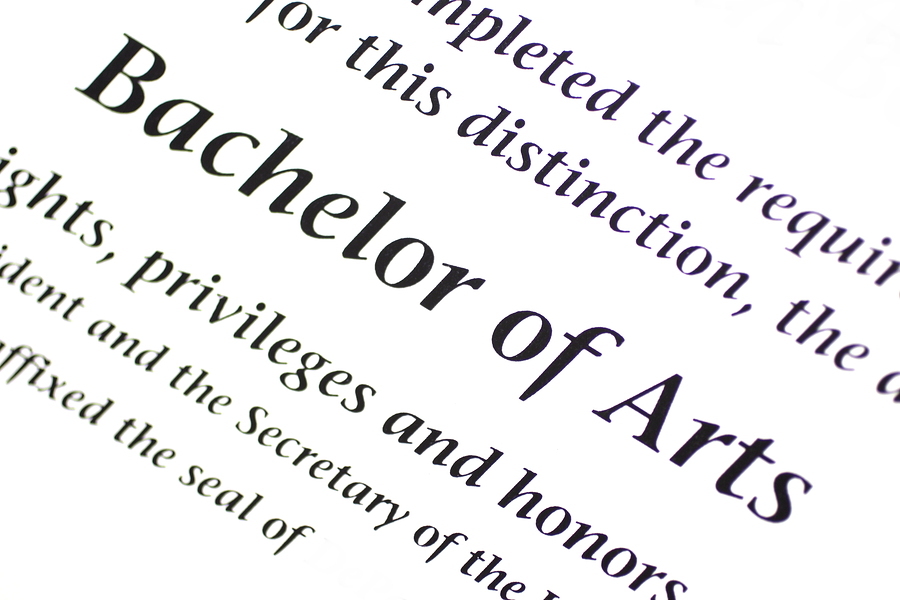 Employers in the 21st century put more weight on critical thinking and problem-solving skills than the name of a student’s college major, according to a new report by the Association of American Colleges and Universities (AAC&U). The report is good news for liberal arts students, demonstrating that they have a variety of career options awaiting them after graduation.
Employers in the 21st century put more weight on critical thinking and problem-solving skills than the name of a student’s college major, according to a new report by the Association of American Colleges and Universities (AAC&U). The report is good news for liberal arts students, demonstrating that they have a variety of career options awaiting them after graduation.
In AAC&U’s survey of 318 employers in business and nonprofit organizations, nearly three quarters said they would recommend a liberal arts education to prepare oneself for a successful career in the modern global economy.
Employers in the AAC&U survey overwhelmingly agreed, by 93 percent, that a job candidate’s ability to solve problems and communicate effectively is more important than their college major. And they argued heavily in favor of the value of a liberal arts education, with 80 percent agreeing that every college student, regardless of major, should learn a broad range of knowledge in the liberal arts and sciences.
Employers identified five key skill areas that should receive additional attention: critical thinking, complex problem-solving, written and oral communication and applied knowledge in real-world settings.
The AAC&U survey found that business leaders are willing to hire new talent that have the transferable skills learned in a liberal arts program. In addition to developing communication and thinking skills, a major in the liberal arts requires students to do in-depth explorations of their subject matter, which helps them develop an awareness of the diversity of perspectives in the world. Business leaders are interested in hiring liberal arts students because of their ability to transfer all of these skills to help solve problems encountered in business.
Mildred García, president of California State University, Fullerton and chairwoman of AAC&U’s board of directors, said policy leaders have paid too much attention to college majors and salary numbers while business leaders are actually more interested in what skills their new employees bring to a job. She said that students need to learn intercultural skills and develop a high level of ethical judgment, no matter what career opportunities they pursue.
One of the benefits of a liberal arts education is that it exposes students to a broad range of knowledge and also enables them to gain in-depth knowledge of a particular area. More than 90 percent of employers in the survey said that they are facing more complex problems and are asking employees to use a broader set of skills than in the past. “Employers today are highly focused on innovation,” the report says, “and are giving priority to hiring employees who can help in this advancement.”
[cf]skyword_tracking_tag[/cf]






No Comment